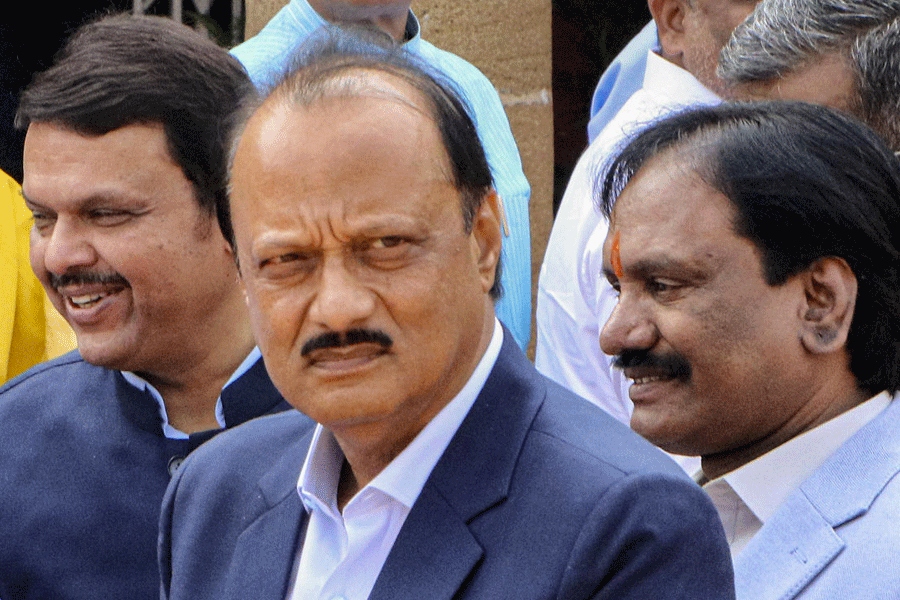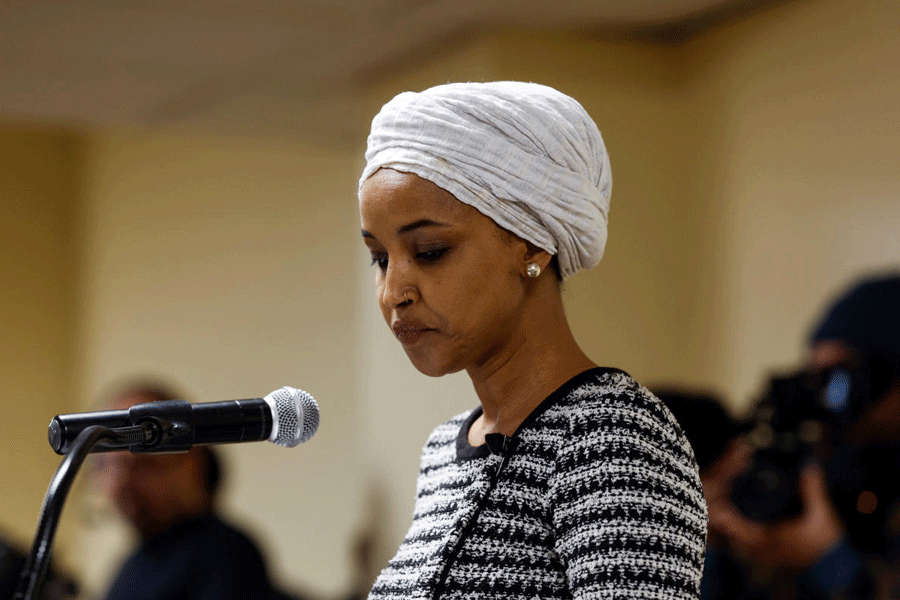Gone are the days when fossil fuel (petrol & diesel) had not been in heavy demand/use, and the consumers, especially the peasants and farmers along with the traders and merchants, were least/less dependent on it either for farming or other purposes in their day-to-day go of life.
With the use of motor vehicles, chiefly tractors and power tillers, and use of motor-pumps for irrigation, the fossil fuel has begun to rule the roost.
Same is the fate of the transporting and marketing of the farm merchandise – both the packed and unpacked, processed and unprocessed food particles.
Hence, a hike in the prices of petrol and diesel is obviously noticed to be influencing as well as wielding a cascading effect on the costs of various farm produce used as our staple food unavoidably on daily basis.
In this context, let us examine the latest reports published basing on the recent data on global Food Price Index (FPI) released by the United Nations (UN) Food and Agriculture Organisation (FAO).
The FAO data has reportedly exhibited that the global FPI stands at an average 133.2 points in October this year (2021) and claimed to be the highest during the last one decade (precisely since July 2011).
Such a significant development has been attributed to the unprecedented and apocalyptic virus called Covid-19 (Coronavirus) and subsequently various variants/mutants of grave concerns since its marauding outbreak in December 2019.
The nightmare is still spreading its tentacles worldwide. Last year (2020), the pandemic compelled each and every nation to forcibly opt for stringent precautionary measures like total lockdown in a bid to wage a war against the deadly and highly contagious virus.
Thus, the whole humanity of the current era witnessed the vibrant and lively world screeching to a grinding halt/in a limbo. The global economy in the month of May in 2020 reportedly registered a deadlock as almost all of the economic activities went kaput.
As a result, the global economy reportedly registered a piquantly plummeted 91.1 points. On the contrary, the grim point has now been marked to be assuaging, improving and soaring.
The economists have reportedly found out the cause behind it to be the see-saw that the price of the fossil fuel played during the pandemic crisis.
For instance, the crude oil prices reportedly collapsed to an average between 25.27 and 35.33 dollar per barrel in April and May 2020 while it jumped to 84.38 dollar per barrel in October this year (2021).
Delving into the arena of price pangs, the experts in money matters have reportedly discovered that the bio-fuels are also a major link relating to the ups and downs in the emergence of petro and agri-commodity prices.
For instance, a sudden demand is reportedly been stumbled upon so far ethanol is concerned when the price of crude oil is going up and up. Ethanol is stated to be a product from sugarcane and maize (corn) and it is affordable in comparison to petrol.
Similarly, bio-diesel, stated to be extracted from palm and soyabean, turns lucrative amid the pricking price scenario of fossil fuel.
Same is the case with cotton when we compare its fibres as well as price with that of the petrochemicals-based synthetic counterpart.
Thus, it is obvious to note that the prices of sugarcane, maize and cotton catapult.
In addition, the price of sugar (yet another commodity craved for by the common consumers) also starts skyrocketing in the wake of more sugarcanes being preferably crushed to elicit ethanol.
Sugarcane is also in demand for fermenting alcohol which is also a beverage most longed for.
Even, there is a rush in the demand for other foodgrains those act as precious substitutes to sugarcane, maize, etc. This emergent imbalance in demand and supply as well as production ignites the price pangs in the market leading to inflation.
Although farming activities (that play a pivotal role in the national economy) are on and the Indian farmers now geared up for the Rabi crop, have reportedly been encountering insufficient supply of fertilizers as well as price hike.
Needless to mention that, such a bitter situation being experienced by the farmers, could further aggravate the ongoing inflationary ill-effects and predicament.
It may be deduced here that the scar of the old wound, unleashed by the pandemic laced with allegedly improper policy and inapt decision being taken for amelioration, is still bleeding and might be paving path for gangrene.










